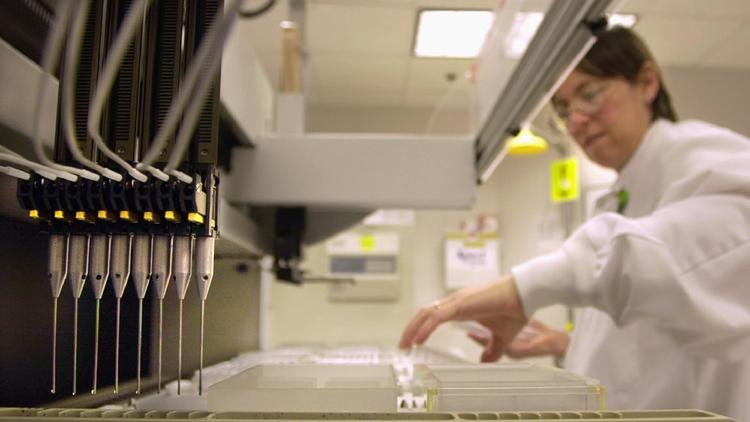This week the News digest reports on a test that identifies prostate cancer 'in under 15 minutes', cancer drug database adapted fro COVID-19, study that suggests more people with lymphoma could benefit form CAR T cell therapy, and that cancer type is…










